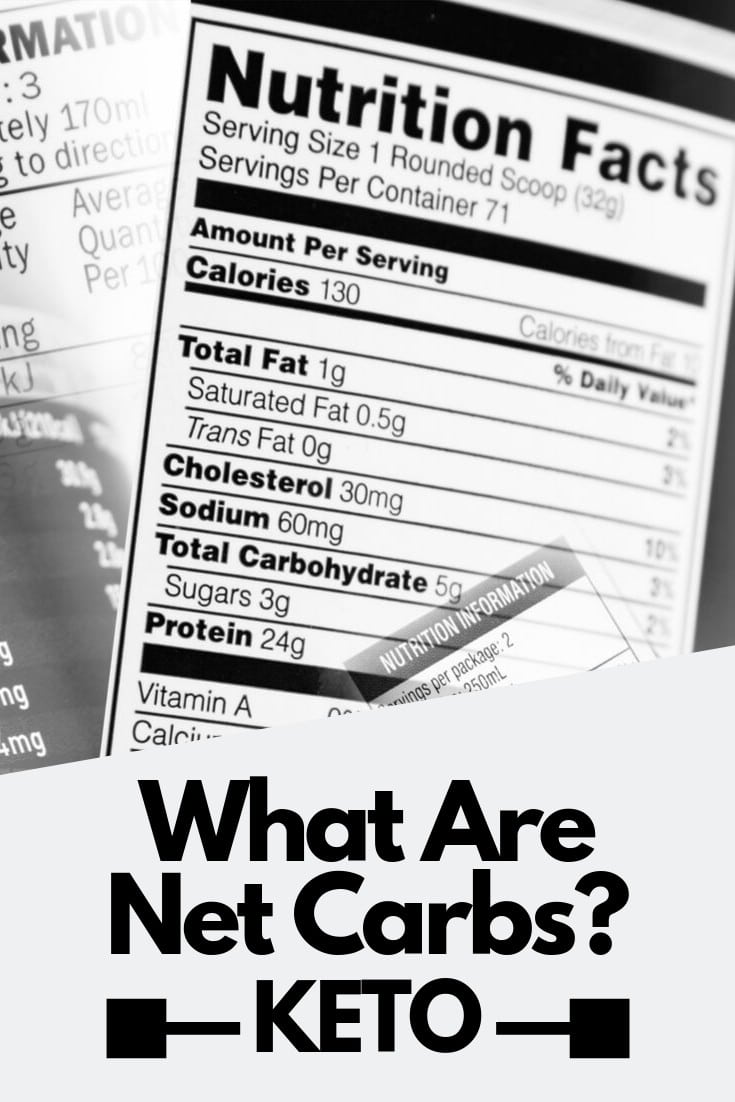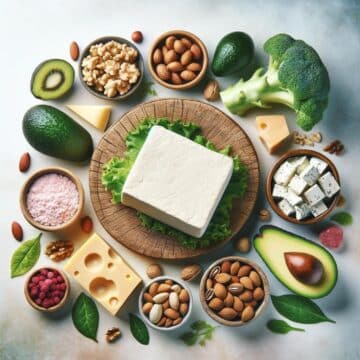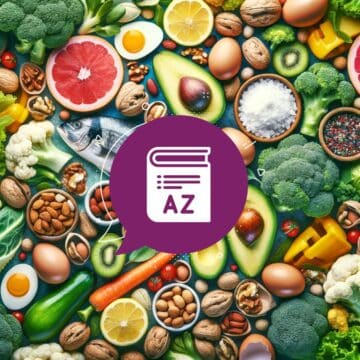Net carbs are a major feature of the keto diet. While many low-carb diets seem to concentrate on eliminating as many carbohydrates as possible from what you eat daily, that's not actually the case. With the exception of very strict, medically necessary ketogenic diets, you want some carbs -- just not as your primary energy source.
The point of the keto diet is not to wipe out all carbs completely, but just reduce them so they do not affect your blood sugar and so that your body does not rely on them to function. You want your body to take its energy from fat instead, and paying attention to net carbohydrates helps you reach that coveted state of ketosis.
What Are Net Carbs?
What "Net" Means
Your net carbs are the number of carbohydrate grams you've eaten that are not from fiber or sugar alcohols. Total carbohydrates are the total number of grams from all forms of carbs. The carbs left over after you subtract fiber and keto-friendly sugar alcohols from total carbs are the ones that tend to affect your blood sugar levels, and sometimes you'll hear them called “impact carbs”.
You want to eat fibrous foods no matter what diet you're following. This nutrient may help ward off disease, and it keeps your intestines functioning well. But there's another reason you want it: It allows you to have a more varied keto-based diet. Eating vegetables and even some fruits lets you get more of your vitamins and minerals from natural sources, rather than relying on supplements.
Sugar alcohol, like erythritol and xylitol, tends not to affect blood sugar either and are often considered to be non-impact carbs. They do contribute to your calorie total, but it's quite common to find keto diet advice that allows you to subtract sugar alcohol grams from your total carbs. In fact, many keto-approved plans use these substitutes successfully.
How to Use Net Carb Calculations
When you look at what you've eaten for the day, assuming you've used an app to track everything (that's much easier than tracking by hand on a keto diet), you'll want to see that your net carb amount does not exceed your daily limit. Your total carbohydrates may seem high, but once you subtract the non-impact carb grams, you should have a number at or below the limit. For keto diet, this limit can be anywhere from 20 to 50 grams; it can take some trial and error to find the best level for you. Depending on the type of keto diet you're following, you may have days when your total carbs can go above that limit (e.g., refeed days, cheat days).
Conclusion
Net carbs are an essential factor in calculating what you need to eat daily. When you consistently meet your goals, you should feel more satisfied, find it easier to stick to the eating plan and feel better overall.








Jennifer Mortlock says
I understand that not all sugar alcohols are equal. Isn’t maltitol a sugar alcohol which does affect your blood sugar?
My Sweet Keto says
Yeah, we should have specifically written "keto-friendly sugar alcohols." We don't recommend maltitol.
thank you for the comment!